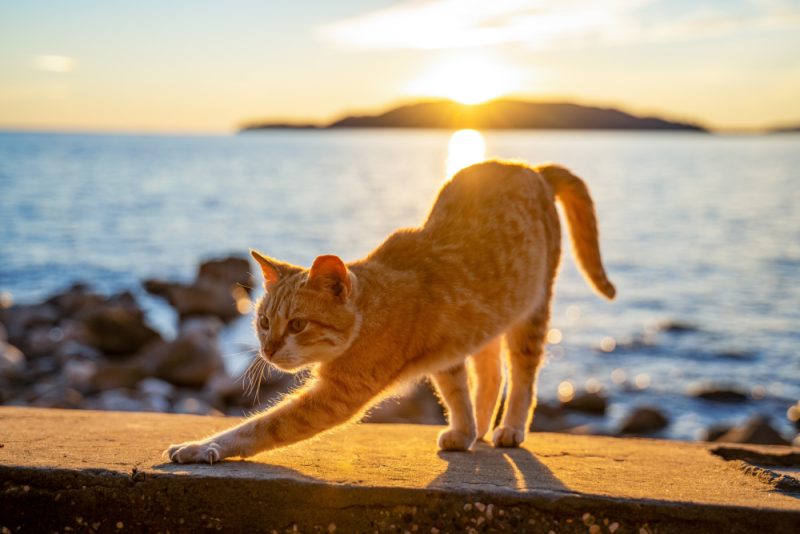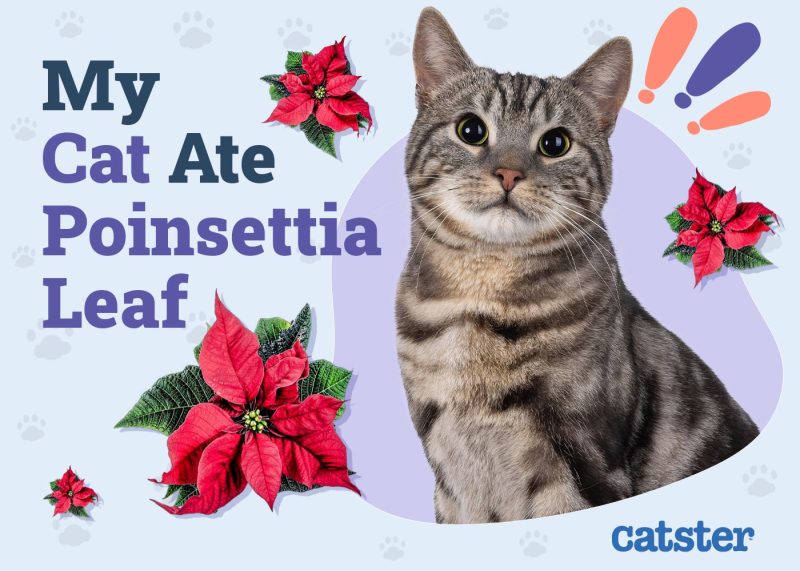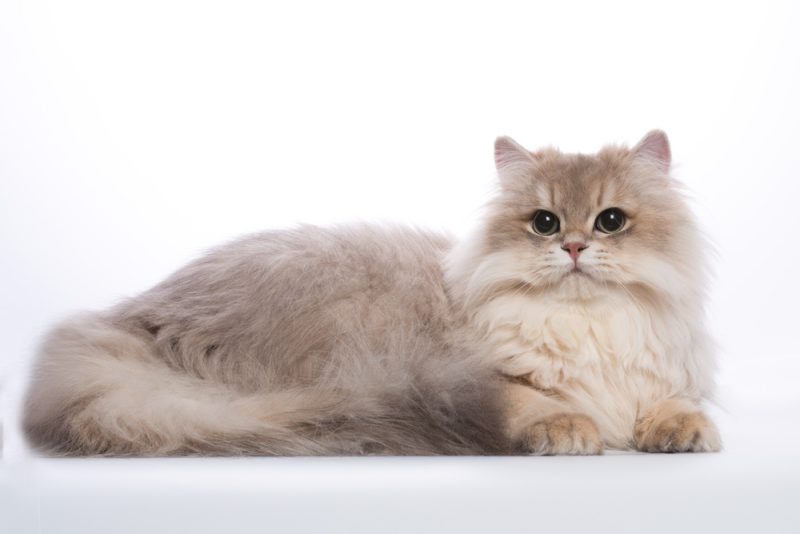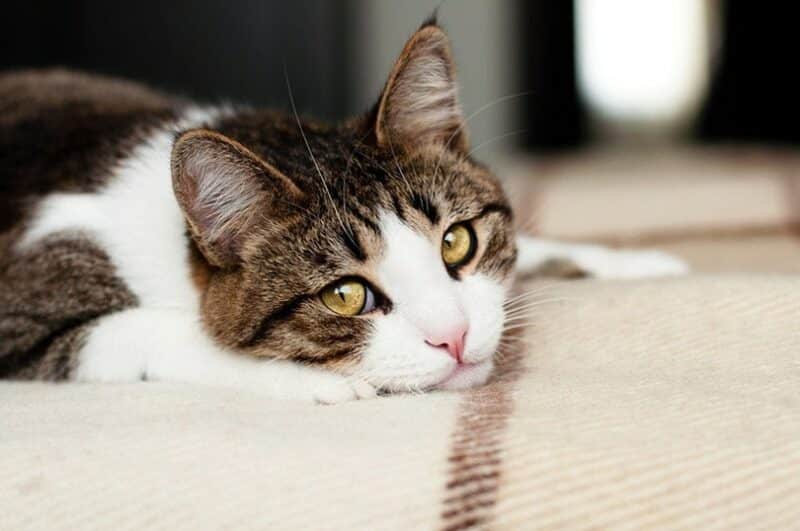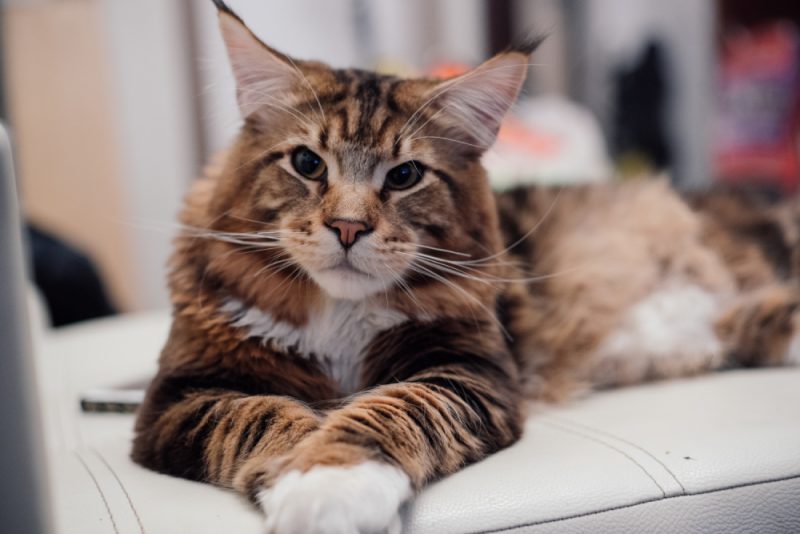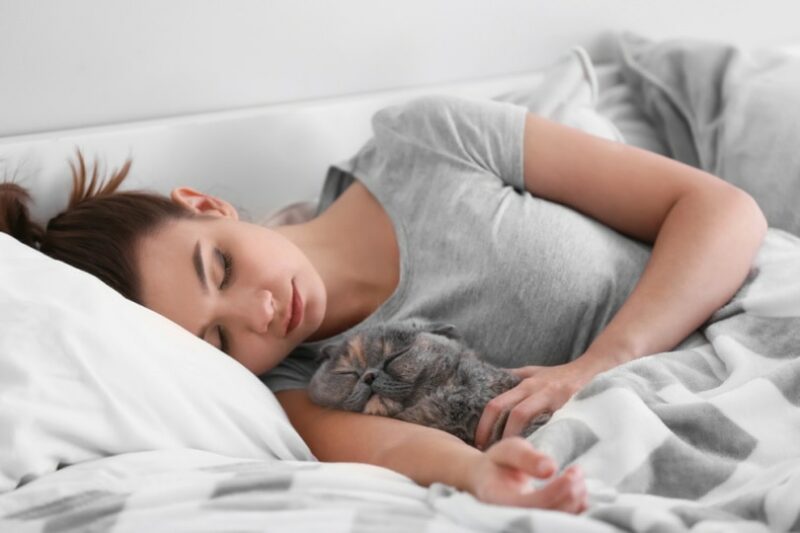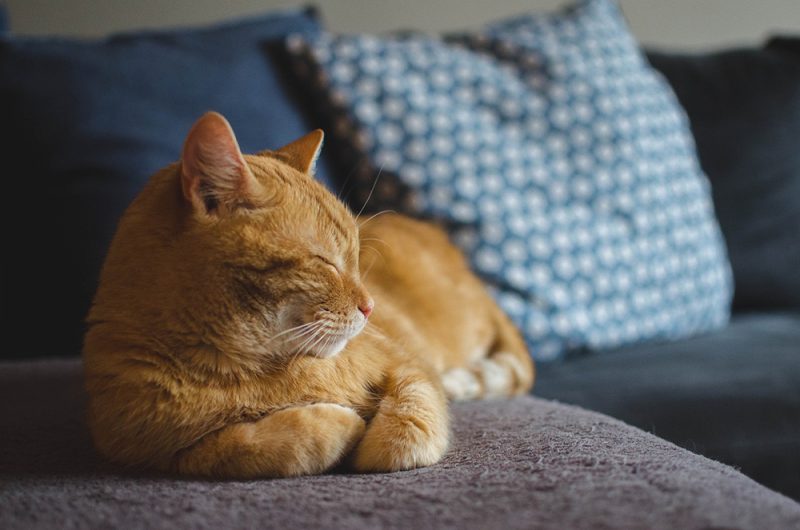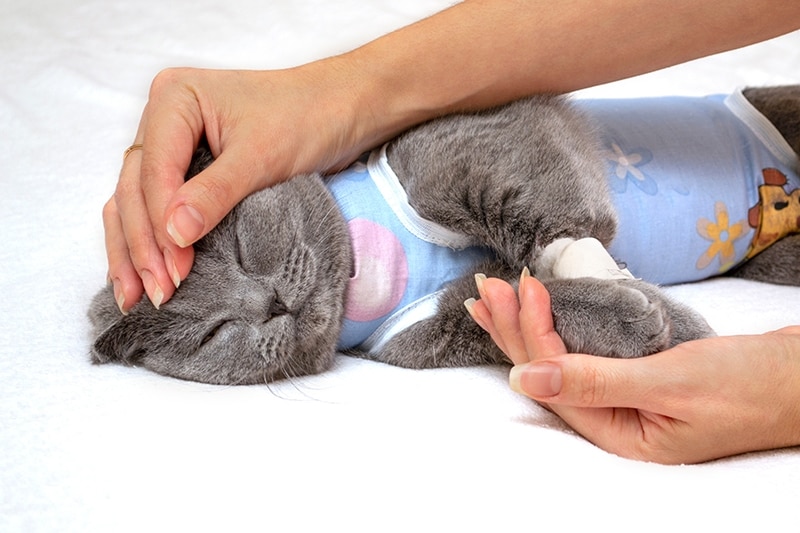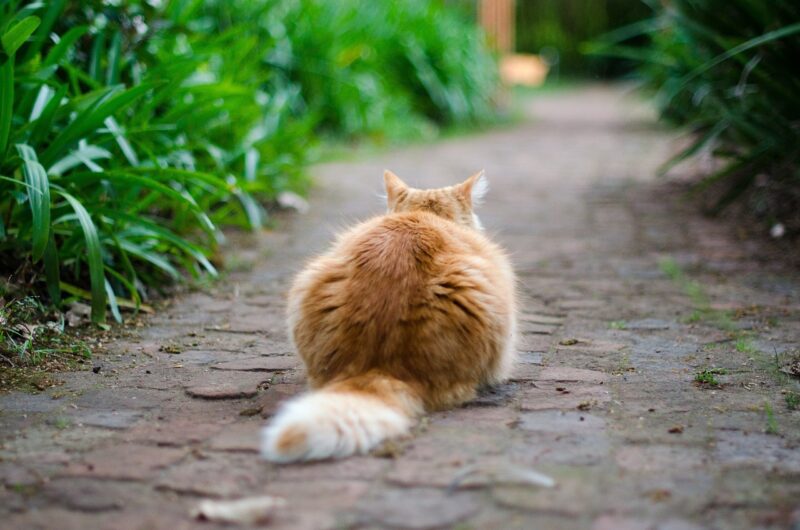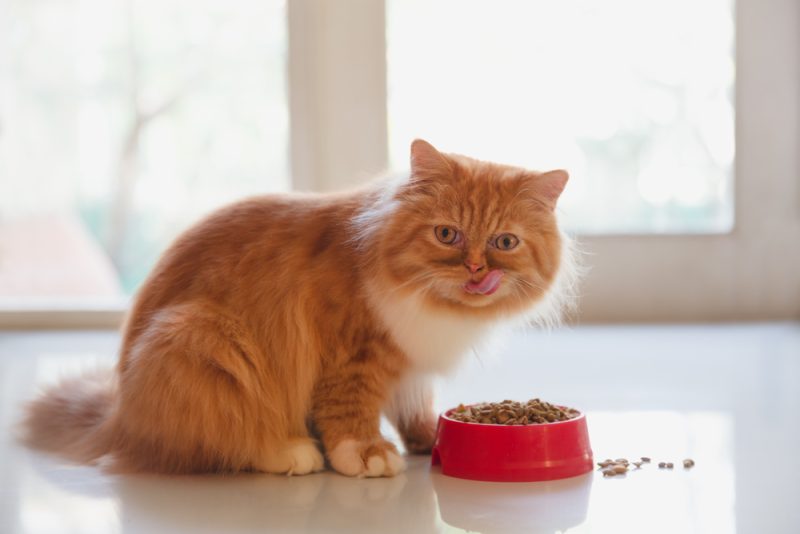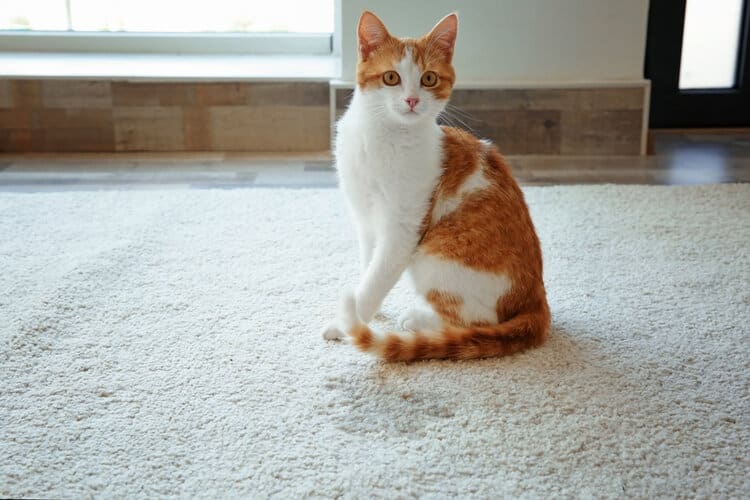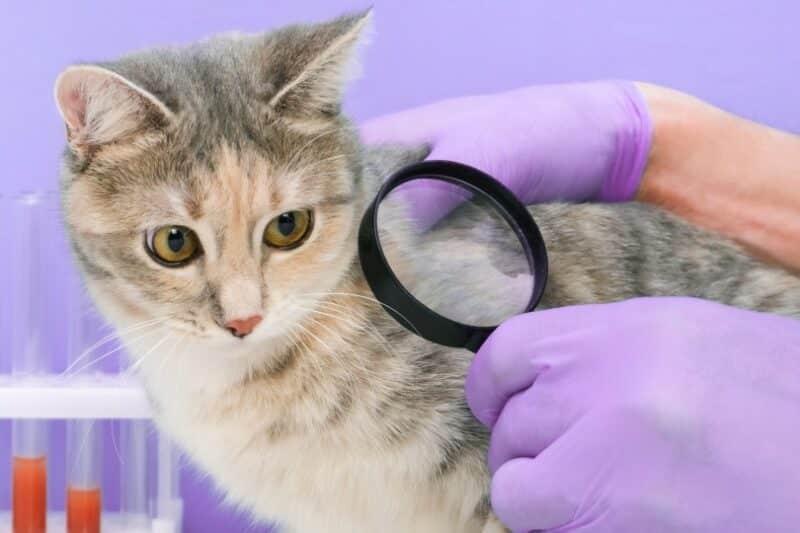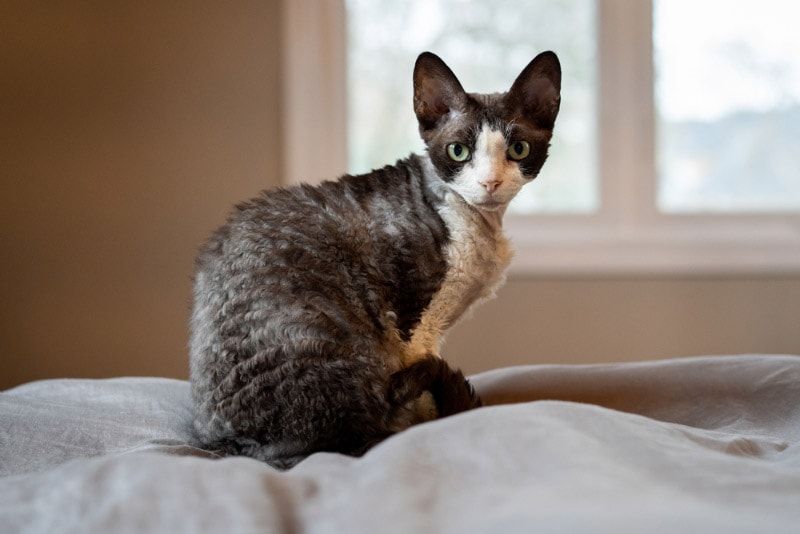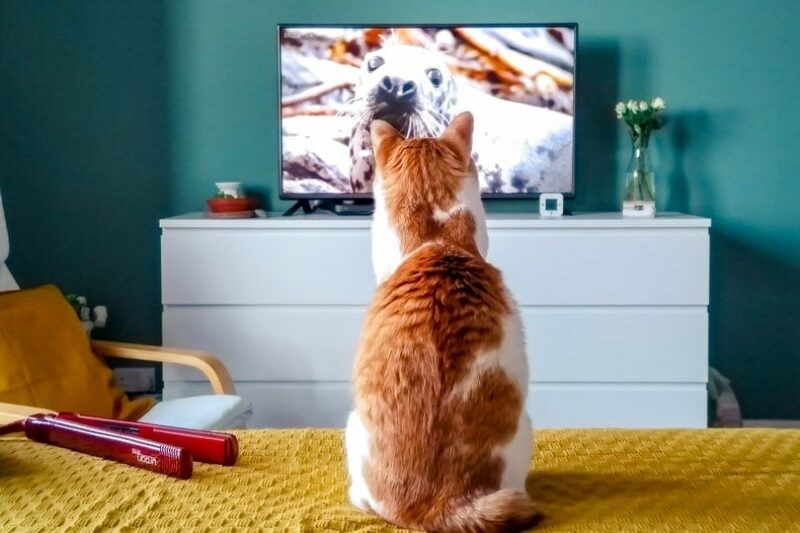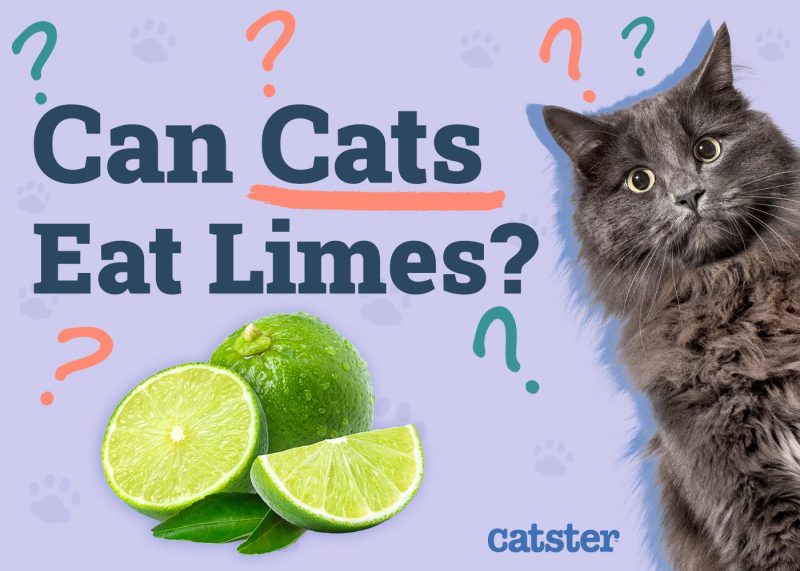In this article
View 3 More +One of the funniest and quite fascinating habits of cats is their love of sunbathing. It is a great sight to see cats sprawled out in the sun or basking in the warmth of a sunny window. But why do cats love sunbathing so much?
It turns out that there are a lot of reasons for cats to like sunbathing, such as regulating their body temperature and alleviating pain. So, there is a bit more to cats’ liking the sun than meets the eye. Keep reading to discover the fascinating reasons why cats like to sunbathe and why it is so beneficial for them.

The 6 Reasons Why Cats Like the Sun
1. Regulation of Body Temperature
One benefit of sunbathing for cats is that it helps them regulate their body temperature and conserve energy. Sunbathing is a great way for cats to stay warm on cold days and cool on hot days. Sunbathing helps cats maintain their body temperature, which is essential for their health and well-being.
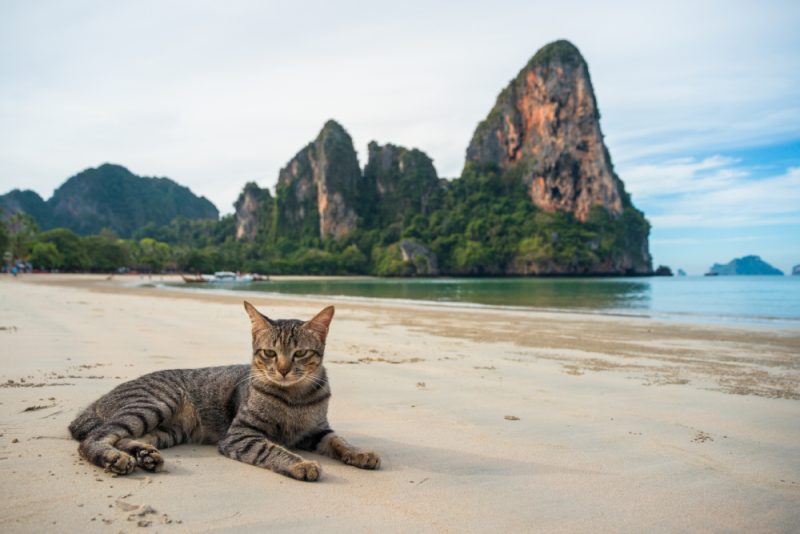
2. Vitamin D Source
An important benefit of sunbathing for humans and other mammals is that it gives the body an opportunity to get extra vitamin D. In cats, the situation is a bit different, since they have a reduced ability to synthesize vitamin D in their skin from exposure to UV compared to us. Cats get the majority of vitamin D they need from their diet.
3. Relaxation and Stress Reduction
In addition to the physical benefits of sunbathing for cats, it can also be a great way for them to relax and de-stress, so pretty much the same reason why humans like to hang out in the sun sometimes. Sunbathing gives cats a chance to take time out of their day and just enjoy the warmth.
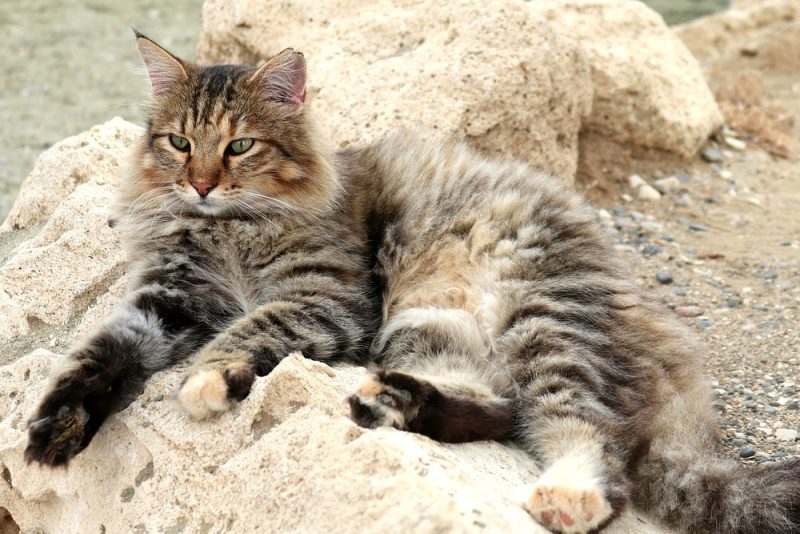
4. It’s a Natural Antidepressant
According to science, there seems to be a relationship between serotonin and the amount of available sunshine. Cats probably like sunlight as it can stimulate serotonin production. This all-natural antidepressant is known to promote feelings of well-being and happiness in humans as well as pets. The neurotransmitter is known to regulate mood, social behavior, appetite, sleep, and many other functions in humans, although scientists are still learning about its effects on animals.
5. They Use It for Sleeping
Sunbathing can also help cats get a better night’s sleep, as the warmth can be soothing and relaxing. Both animals’ and humans’ melatonin levels can be affected by the amount of sunlight. This hormone reacts with the pineal cells to regulate their sleep cycles and improve the quality of sleep.
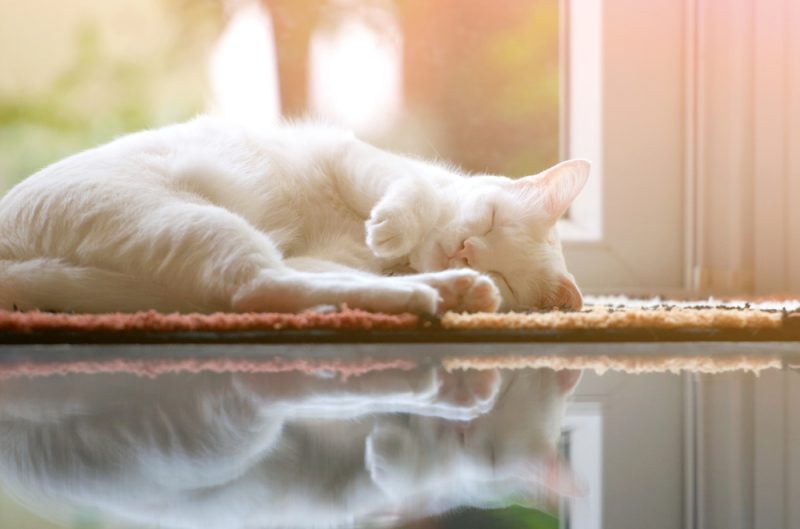
6. Potential Relief From Pain
The warmth of the sun can provide temporary relief for painful joints, and it can also help kill germs and yeast that may grow in wounds (like anaerobic bacteria). This is why many vets have full-spectrum lighting to illuminate their recovery rooms.

Is Sunbathing Safe for Cats?
The short answer is yes. In moderation, cats can sunbathe safely, provided certain precautions are taken. While sunbathing is great for helping cats relax and may provide other health benefits, too much of a good thing is actually a bad thing, like many other things in life. That said, cats should not be left unsupervised in the sun, as they can be susceptible to heat exhaustion and dehydration just like humans. And yes, too much exposure to the sun can also lead to sunburn and solar-induced skin cancer, particularly common in white cats or those with white patches around their face and body.
Tips for Cat Sunbathing
Though sunbathing in a controlled way is not directly bad for cats, there are ways that you can ensure that your cat gets all of the benefits while minimizing any potential negative side effects. To do this, first make sure that you provide your cat with a shady spot to retreat to if they get too hot or want to take a break from the sun. Cats can quickly overheat if they stay in the sun for too long, so it’s important to provide them with somewhere they can cool down when they need to.
Also, make sure that your cat has plenty of fresh water available at all times. Sunbathing can be a great activity for cats, but it can also be dehydrating. Make sure that your cat has plenty of cool water ready in a nearby bowl or fountain. Again, make sure that the water is kept cool and not warm.
And lastly, keep an eye on your cat while they are sunbathing. Sometimes cats may fall asleep in the sun because they’re such hard workers – joking. It’s easy for them to get to relax, so make sure that you monitor your cat and bring them out of the sun if it extends past the 20-30-minute mark. Just as with humans, too much time in the sun can have negative side effects, especially in cats with short coats and sensitive skin during the times of day where the sun rays are the strongest, such as between 10 a.m and 6 p.m.
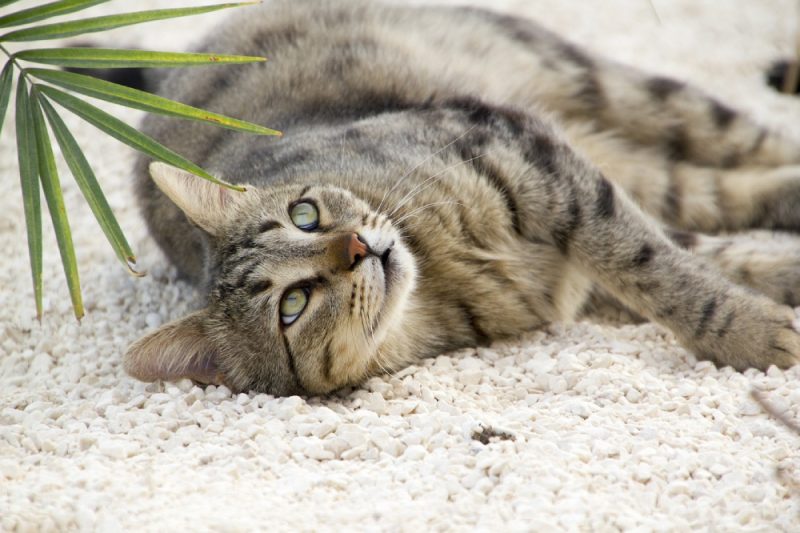

Frequently Asked Questions
Do Pets Need Sunscreen to Protect Them From Sun Damage?
Not to the extent that we do because they have fur, but it can help minimize exposure to harmful UVB rays. Pets, like humans, can suffer from sunburn and skin damage due to exposure to ultraviolet radiation. This can lead to solar-induced skin cancer in pets just as it can in humans.
While most pets have fur to protect their body, some breeds have less fur, or they may be balding due to age or illness. Cats who are at a higher risk of sunburn include white, light-colored, or hairless breeds. The body parts most vulnerable to sun damage are the ears, nose, lips, and eyelids. For these animals, the application of sunscreen can provide an extra layer of protection against the sun’s rays. Speak to your vet about your options if your cat likes sunbathing.
Sunscreens that are specifically designed for cats are a good option. These products contain ingredients that are safe for pets, such as titanium dioxide, and they’re usually hypoallergenic. Sunscreens for cats can also come in different forms, such as sprays, lotions, and wipes, so you can choose the one that works best for your pet. When applying sunscreen to your cat, make sure to cover all exposed areas, such as the nose, outer ears, and belly.
What Happens if a Cat Suffers Heat Stroke While Sunbathing?
The average body temperature for a cat is between 101°F and 102.5°F, and if your cat’s body temperature rises above 104° F, it’s recommended that you take them to the vet immediately. Cats’ cooling mechanisms are not very efficient, and this makes them more prone to heat exhaustion.
The cat can suffer a heat stroke if it’s out in the sun too long and/or the sun rays are simply too strong. The cat’s body temperature will rise as a result. As a result, the essential functions of the cells and organs within it become less efficient. And cats can even die from organ failure in severe cases.
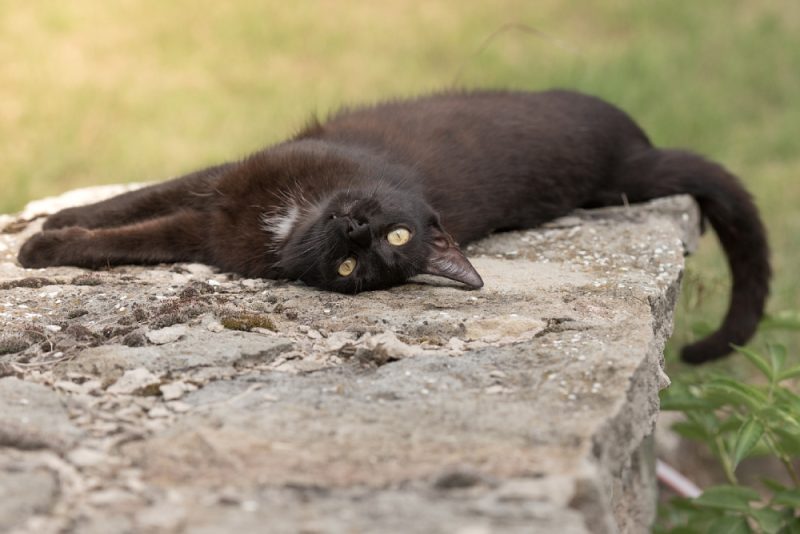
How to Tell if Your Cat Is Suffering From Heat Stroke
If a cat becomes too hot, they may appear lethargic. Other common signs of heat stroke in cats include drooling, panting, and open mouth breathing. You may also notice your cat acting strangely, such as appearing generally unwell. This could indicate that they’re suffering from heat stroke secondary effects.
If you need to speak with a vet but can't get to one, head over to PangoVet. It's an online service where you can talk to a vet online and get the advice you need for your pet — all at an affordable price!
What Can I Do if My Cat Is Suffering From Heat Stroke?
If your cat is suffering from heat stroke, you can begin emergency cooling at your home. Move the cat to a cool shaded area, then wet their fur with lukewarm water. You’ll also want to make an emergency call to your veterinarian. Don’t use cold water unless your veterinarian has instructed you. You may want to even offer your cat a few sips of cool water, if they’re able to drink it.
Do Cats Need Vitamin D?
Cats need vitamin D for phosphorus and calcium regulation. It also plays a major role in maintaining feline bones, muscles, and nervous system health. Vitamin D helps the body absorb and metabolize calcium, which is essential for strong bones and teeth.
It’s important to note that too much vitamin D can be toxic to cats, so be sure to follow your veterinarian’s instructions and not give your cat more than the recommended dosage. The Association of American Feed Control Officials (AAFCO) states that adult cat food should have at least 280 international units (IU) of vitamin D, but no more than 30,080 IU per kilogram of food.
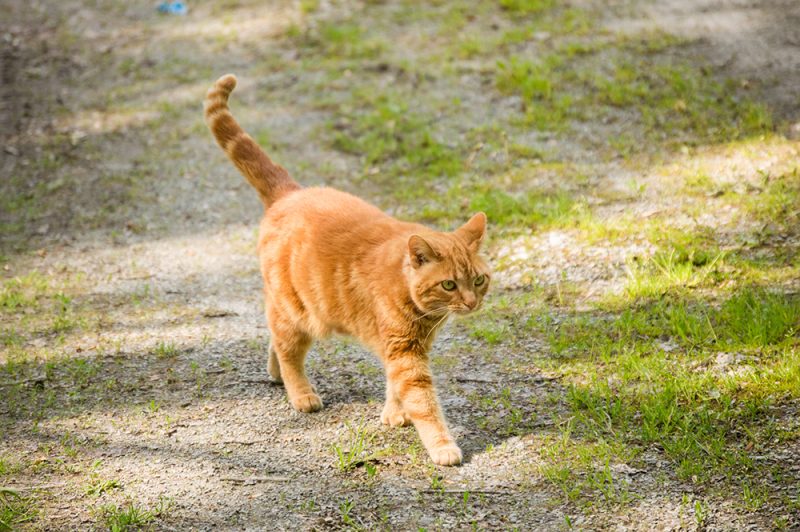

Wrapping Things Up
Cats love to sunbathe for a variety of reasons, from regulating their body temperature to simply relaxing and getting some sleep. There are many benefits to sunbathing for cats, both physical and mental. However, it helps to keep in mind a few safety tips when sunbathing with your cat, such as providing them with a cool, shady spot to retreat to and making sure they have plenty of fresh cool water available.
Featured Image Credit: Masarik, Shutterstock
